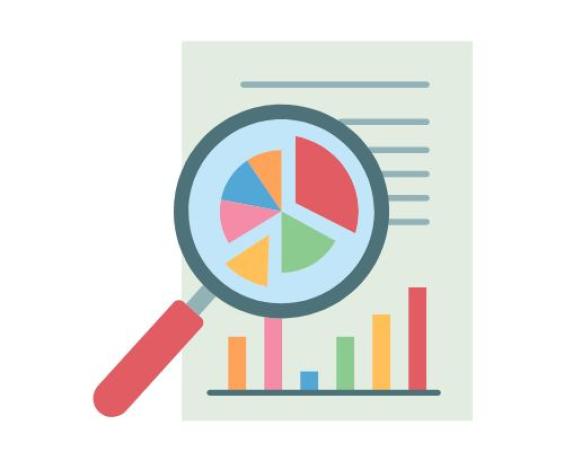Gambling is an activity in which many adults in Canada frequently participate. The research section summarizes the potential risks and harms of gambling, while providing resources and tools to help people make informed decisions about gambling.
Developing Lower-Risk Gambling Guidelines
Gambling is a popular legal pastime among adults in Canada. Many people are unaware of the harms related to gambling, such as financial, relationship, emotional and health harms. CCSA is developing guidelines to help Canadians make well-informed decisions about how to gamble in a lower-risk manner.
The Quebec-based Mise sur toi Foundation is funding CCSA’s evidence-based lower-risk gambling guidelines, which consider the following questions:
- What are the safe gambling limits that can help prevent and reduce the harms associated with gambling?
- At what point does the level of gambling involvement (i.e., frequency, expenditure, duration and number of games played) increase the risk of gambling-related harm?
- What are some specific gambling situations or circumstances that are particularly risky, such as when consuming alcohol or other substances?
- What other risk factors are involved?
The research protocol describing the procedure that will be used to develop the lower-risk gambling guidelines, called A research plan to define Canada’s first low-risk gambling guidelines, was published in Health Promotion International in September 2018.
In March 2020, CCSA will produce a report describing evidence-based lower-risk gambling guidelines to inform public awareness campaigns, as well as professional training and capacity-building programs aimed at preventing and reducing gambling-related harms.
